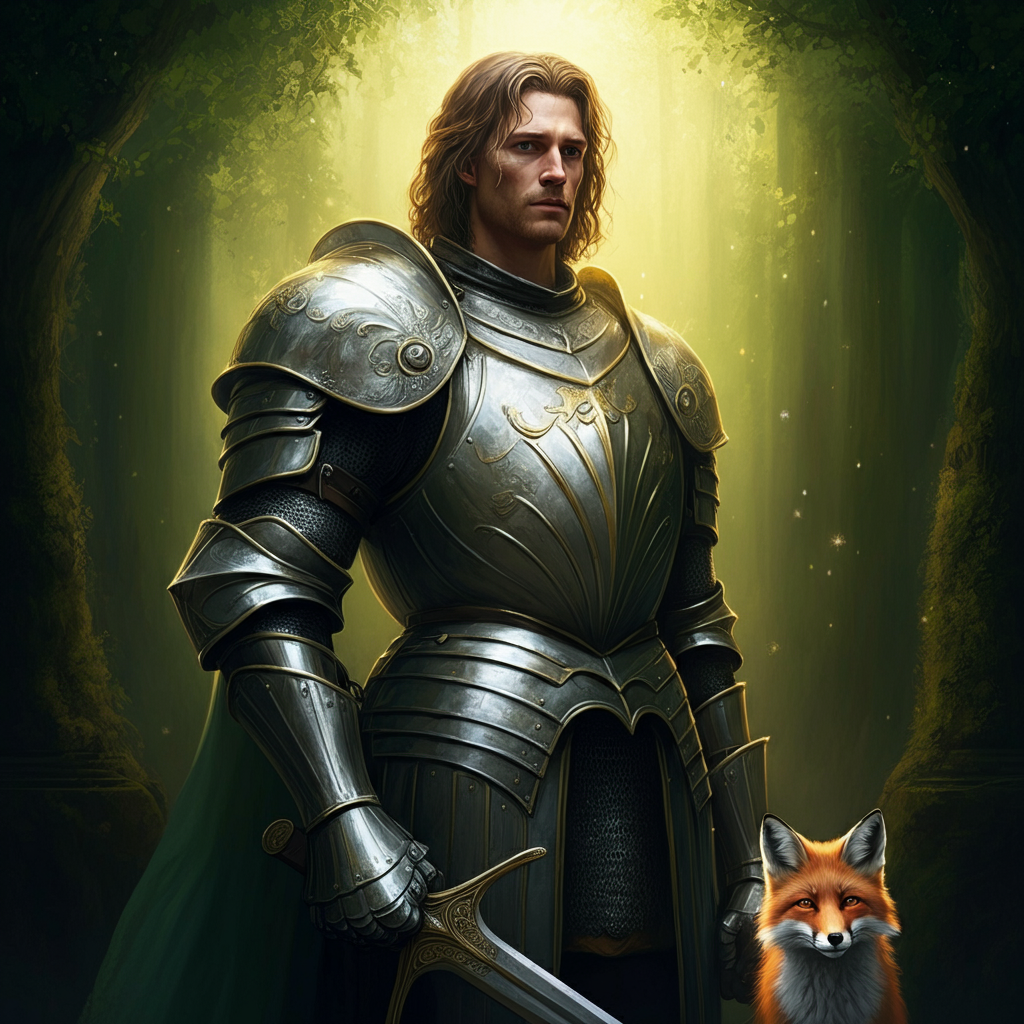Lancelot, one of the most legendary knights of Arthurian lore, continues to captivate audiences in series such as The Seven Deadly Sins and its sequel, Four Knights of the Apocalypse. Known for his unparalleled strength, charisma, and tragic love story, many fans often wonder, “How did Lancelot become so powerful?” This blog dives deep into Lancelot’s abilities, his origins, and his place among the strongest knights of the Apocalypse.
How Did Lancelot Get His Power?
Lancelot’s strength is no coincidence—it stems from an impressive lineage and unique training. As the son of Elaine, a fairy princess, and Ban, Britannia’s strongest human, Lancelot inherited extraordinary abilities from both sides of his family.
Lancelot’s Unique Abilities
- Fairy Heritage
From his mother, Elaine, Lancelot inherited fairy blood, which blesses him with supernatural abilities. This includes longevity, heightened senses, and an innate connection to nature. His heritage also grants him the extraordinary ability to transform into a small fox at will, an ability unique to him, symbolizing his agility and cleverness in battle.
- Strength of Britannia’s Strongest Human
Lancelot’s father, Ban, was one of the Seven Deadly Sins and Britannia’s strongest human. Ban’s power and resilience ran through Lancelot’s veins, equipping him with incredible physical strength and endurance that few can rival.
- Heart-Reading Ability
A truly remarkable gift, Lancelot can read the hearts of individuals. This allows him to sense emotions, discern truth from lies, and predict intentions. Not only does this enhance his strategic edge in battle, but it also makes him a deeply empathetic knight capable of understanding others on an extraordinary level.
Through these inherited powers and years of rigorous training, Lancelot grew into a warrior capable of standing toe-to-toe with the world’s strongest foes.
What Was Lancelot’s Weakness?
Despite his unparalleled abilities, Lancelot is not without his shortcomings. His greatest weakness lies in his emotions and his vulnerability when it comes to matters of the heart. Much of Lancelot’s legendary story is marked by his unyielding love for Queen Guinevere, King Arthur’s wife. While this devotion made him a character of enduring romance and tragedy, it also occasionally clouded his judgment, leading to conflicts and regrets.
Additionally, while Lancelot’s fairy and human lineage makes him immensely strong, his dual heritage sometimes leaves him feeling conflicted about his place in the world—caught between two realms and struggling with his identity.
Is Lancelot the Strongest Knight of Apocalypse?
Lancelot is undeniably one of the most powerful knights in Four Knights of the Apocalypse, but crowning him as the strongest remains a matter of debate. As part of the legendary Four Knights of the Apocalypse, he is considered one of King Arthur’s prophesied adversaries destined to protect Britannia.
What sets Lancelot apart is not merely his physical prowess or abilities but his intelligence and resourcefulness in battle. His strategic thinking and heart-reading abilities give him an edge over even the strongest opponents. Whether he outshines his fellow knights—Tristan, Percival, and Gawain—depends on the circumstances and the challenges they face.
How Did Sir Lancelot Become a Knight?
Lancelot’s path to knighthood was one of dedication, trials, and destiny. From an early age, his parents trained him not just in combat but in the values of chivalry and justice. His transformation into a fox allowed Lancelot to experience life from unique perspectives, granting him wisdom that shaped his character.
Through numerous battles and acts of heroism, Lancelot earned his place among the knights of Camelot. His name quickly became synonymous with strength, loyalty, and courage, qualities that solidified his reputation as one of Arthur’s finest knights.
Is Tristan Stronger Than Lancelot?
Among the Four Knights of the Apocalypse, Tristan, the son of Meliodas and Elizabeth, stands as one of Lancelot’s key rivals and allies. Like Lancelot, Tristan’s lineage is exceptional—he inherits both demon and goddess powers from his parents, making him incredibly powerful.
Comparing their strength is difficult because their abilities are so different. While Tristan possesses immense magical power and combat skills, Lancelot’s heart-reading ability and strategic combat style make him equally formidable. Their differences complement each other, and as allies, they form an unbeatable duo.
Why Does Guinevere Reject Lancelot?
The story of Lancelot and Guinevere remains one of the most tragic and debated romances in Arthurian lore. Although their love is legendary, Guinevere ultimately rejects Lancelot for several reasons:
- Loyalty to King Arthur
Guinevere’s loyalty to her marriage and her role as Arthur’s queen often outweighed her feelings for Lancelot. She was torn between her duty and her heart, leading to her decision to reject him.
- Guilt and Honor
Guinevere and Lancelot’s relationship often brought shame and dishonor upon Camelot, creating tensions among the knights and jeopardizing their mission to protect the kingdom.
- Lancelot’s Inner Conflict
Lancelot’s own guilt over betraying his king and his struggles with his identity often made their love unsteady. Guinevere’s rejection could be seen as an act of selflessness, allowing Lancelot to focus on his destiny as a knight.
This rejection, though painful, shaped Lancelot into the knight admired by all—strong, resilient, and deeply human.
The Legacy of Lancelot
Lancelot’s strength is not just a physical measure—it’s a reflection of his lineage, his abilities, and his character. His story is one of love, honor, and perseverance, showing that even the strongest warriors have vulnerabilities that define them.

